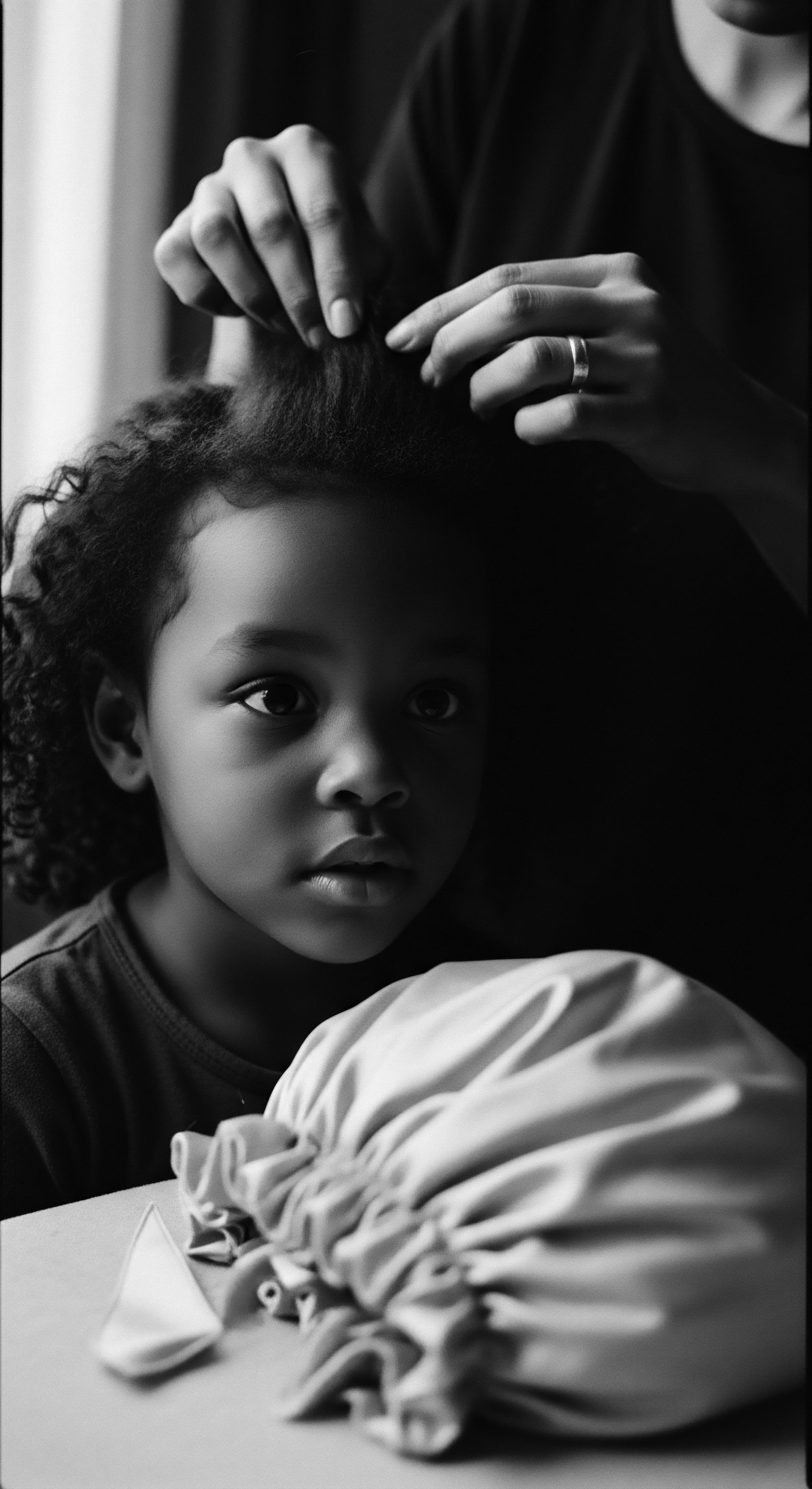
What Historical Hair Traditions Inform Modern Textured Styles?
Historical hair traditions deeply inform modern textured styles through ancestral practices of care, community bonding, and resistance.
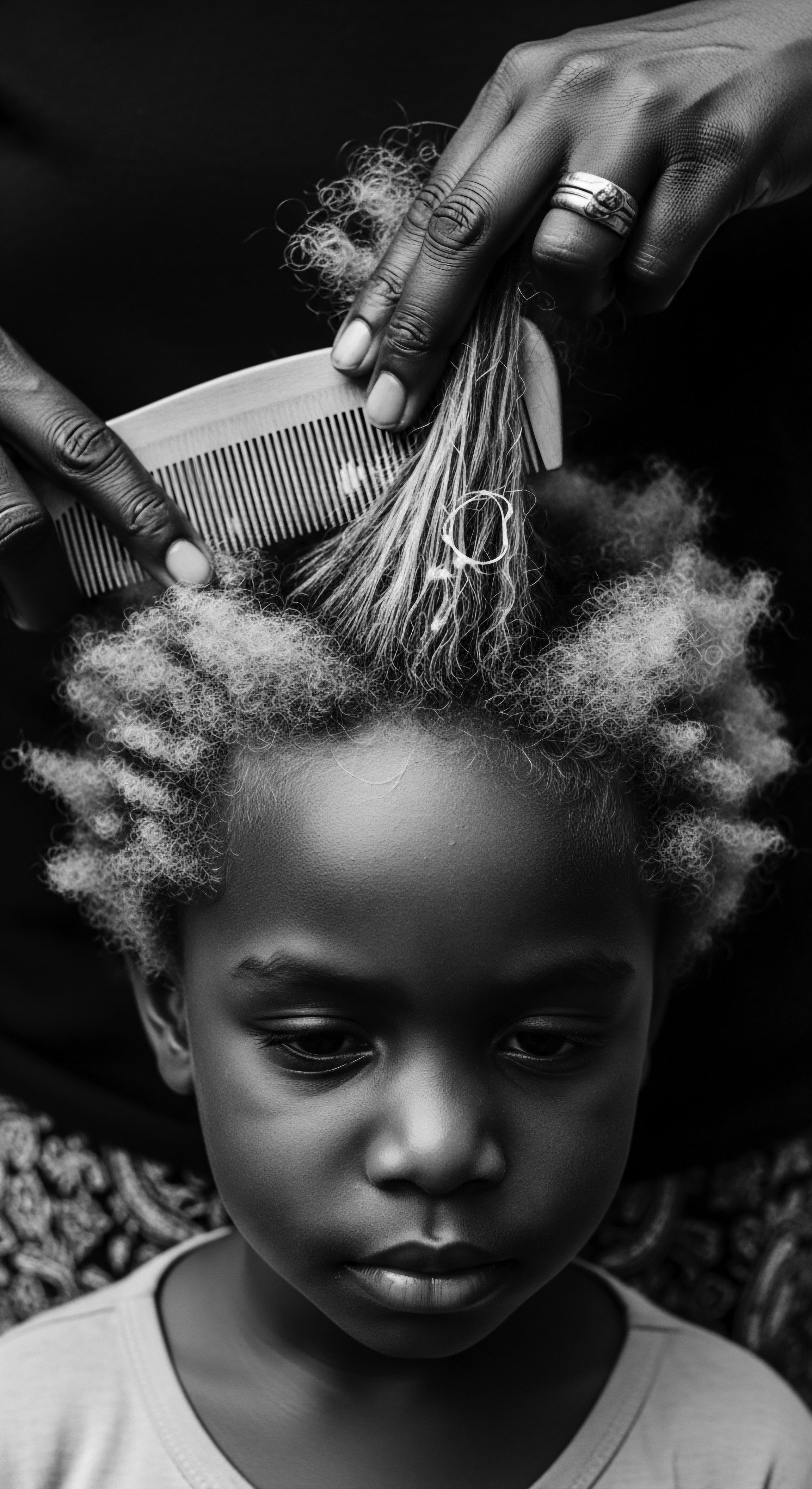
In What Ways Did Textured Hair Serve as a Means of Resistance during Difficult Historical Periods?
Textured hair's heritage transformed into a quiet yet formidable resistance against oppression, a symbol of enduring identity.
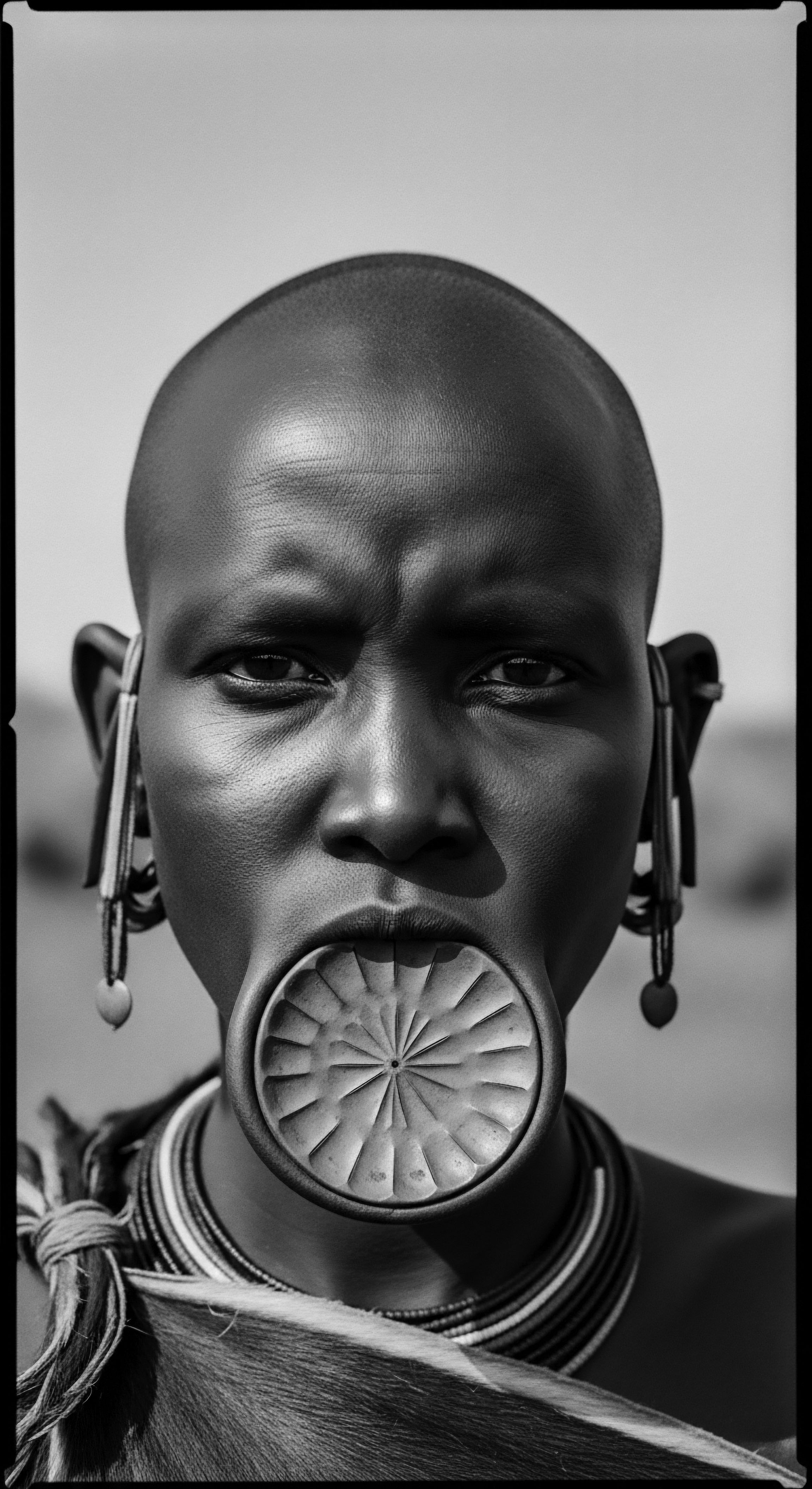
What Historical Traditions Shaped Textured Hair Care?
Historical traditions shaped textured hair care through ancestral biological adaptations, cultural symbolism, and resilience against oppression.
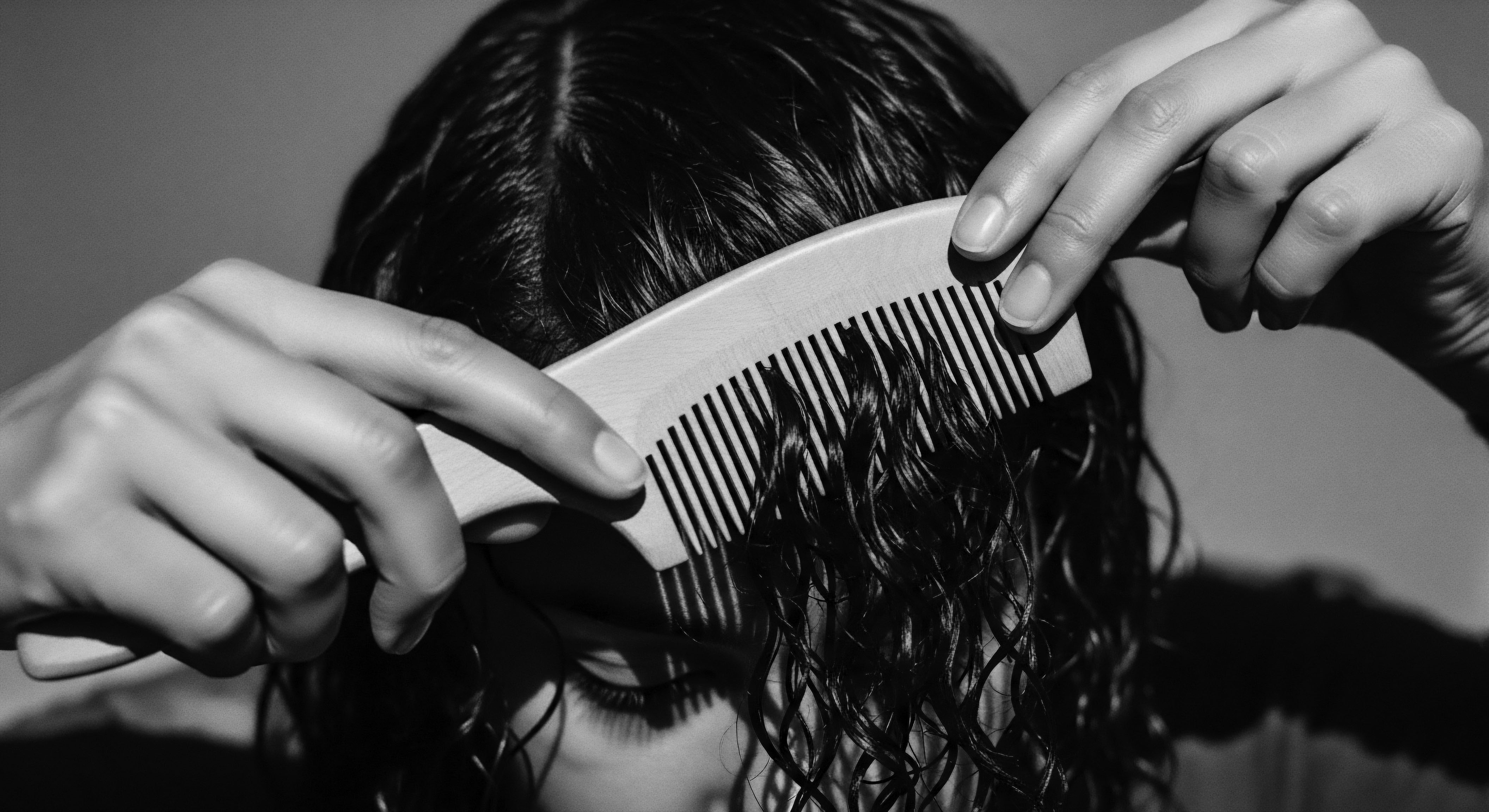
How Did Colonial Laws Influence Headwrap Use for Textured Hair?
Colonial laws attempted to degrade headwrap use by Black women, yet they transformed them into vibrant symbols of heritage and resistance.

What Historical Care Practices Define Textured Hair Heritage?
Historical care practices for textured hair embody ancestral wisdom, utilizing natural ingredients and protective styles for health and as a powerful expression of identity and heritage.
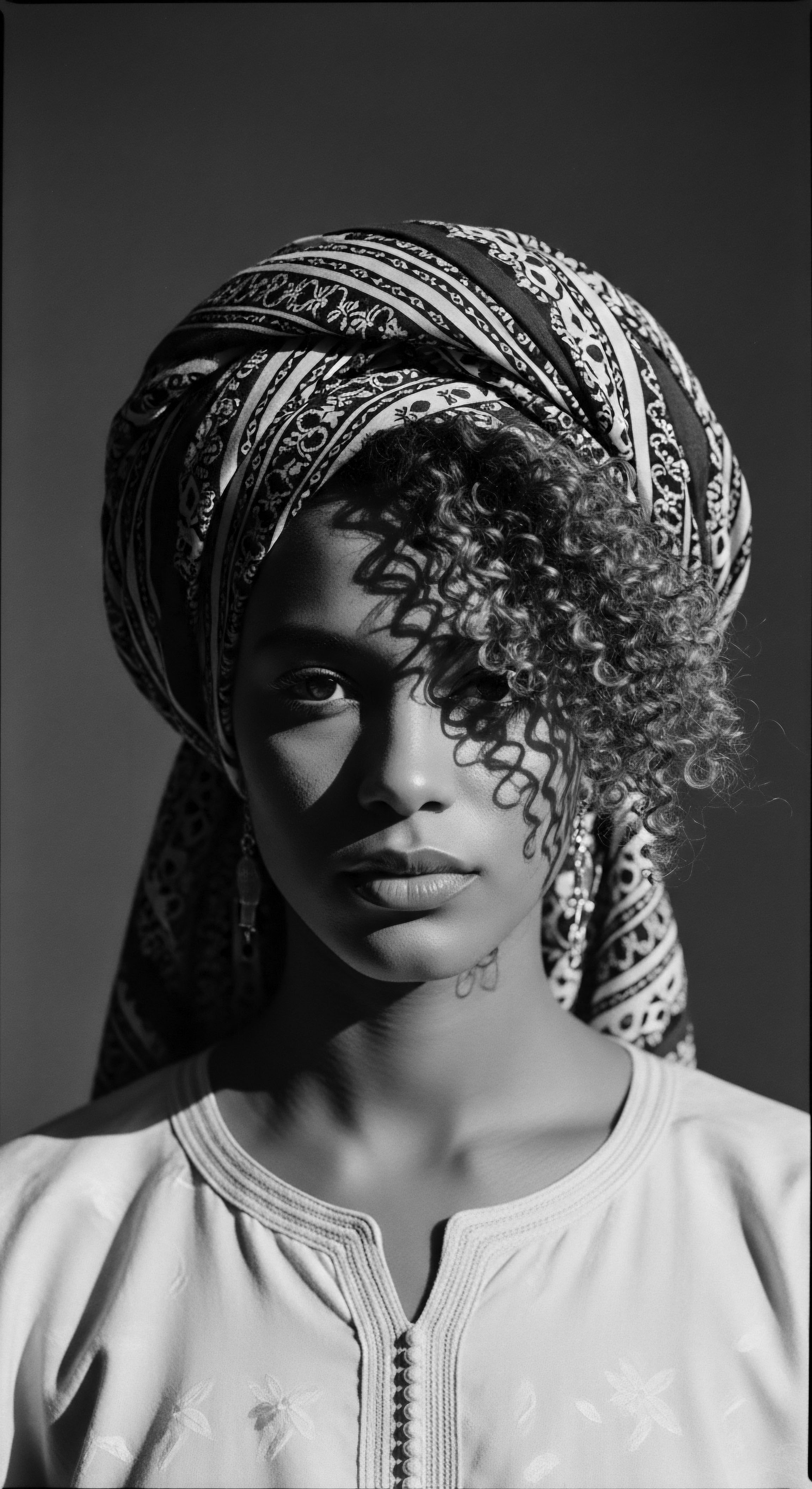
How Did Tignon Laws Shape Headwrap Meaning?
The Tignon Laws, by mandating head coverings, inadvertently solidified headwraps as a powerful expression of Black women's cultural pride and resilience.
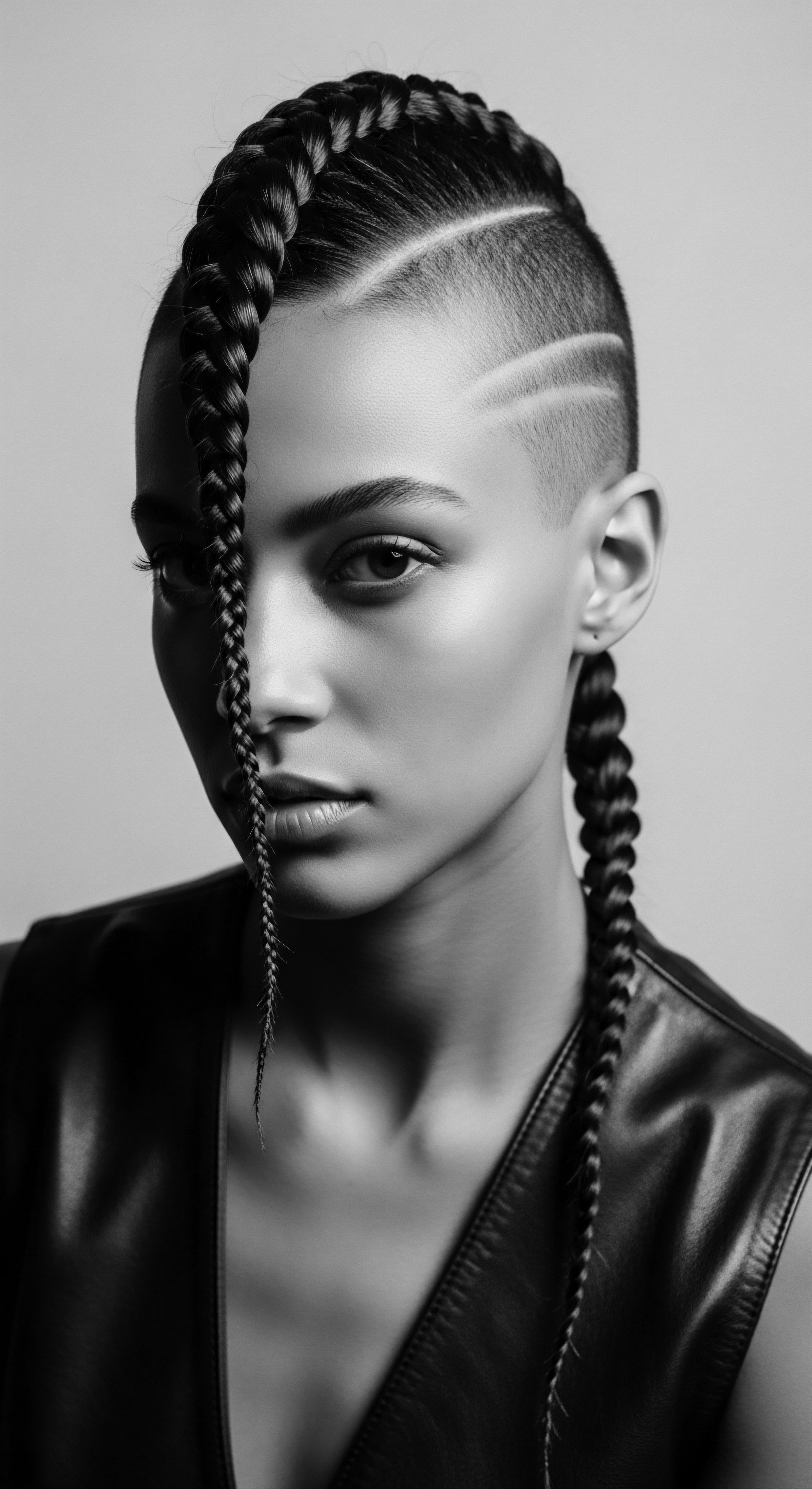
How Did Tignon Laws Influence Headwrap Styles?
The Tignon Laws forced Black women to cover their hair, yet they transformed this mandate into a powerful expression of textured hair heritage and defiance.

